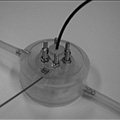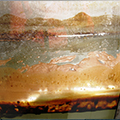R&D Award
ITOPF is recognised and respected globally as a source of objective technical expertise in the area of accidental spills of oil and chemicals from ships. Investing in R&D is one way we fulfill our mission of promoting effective response to marine spills of oil, chemicals and other substances.
Each year, over 7800 million tons of oil, chemicals, raw materials and finished goods are safely delivered by sea. Nevertheless, from time to time, accidents do occur that result in pollution of the marine environment by oil or chemicals. The severity of the pollution depends upon many factors. Continuous improvement in the understanding of the fate and effects of these substances will lead to improvements in accepted ‘best practice’ for spill response and environmental monitoring.
Over the past decades, ITOPF has encouraged and promoted many R&D projects, and funded some, such as DISCOBIOL. Therefore, the creation of this Award in 2011 was a natural step for ITOPF’s shipowner Members and Associate Members, and their Protection and Indemnity (P&I) insurers who recognise the importance of nurturing high quality R&D.
Since the Award was established, more than £600,000 has been distributed to 13 separate R&D projects worldwide on behalf of ITOPF's shipowners and their P&I insurers.
From 2021, £60,000 is available for short-term projects (1-2 years) and up to £40,000 for PhD projects plus a student stipend and university fees. This supports PhD or short-term projects which have the potential to lead to improvements in spill preparation and response, as well as new techniques for monitoring and restoring environmental resources.
Announcement: 2025 R&D Award
The next call for submissions opens in September, and we remain as committed as ever to supporting research that addresses the evolving challenges in spill response within the marine environment.
While the awards are processed on an annual basis and support is available each year, we will make the award decisions based on the scientific and technical quality of submissions and may not grant awards each calendar year. This reflects our continued commitment to excellence and the responsible stewardship of resources.
We would like to express our sincere thanks to all organisations that submitted proposals this year, and in previous years. We recognise the time, thought and effort invested in every application. We encourage any unsuccessful applicants to consider resubmitting strengthened proposals in future rounds.
Winners of past ITOPF R&D Awards
Information on the winning projects and the results achieved, including reports and papers:
2024 - NurdleTrack
Developing and validating an analytical toolbox for source identification and hazard assessment of plastic pellets spilled at sea, with a further goal of developing a fast way to evaluate the toxicological hazards of plastic pellets.
2023 - PLASTOIL
Researching how a mixture of low-density polyethylene (LDPE) plastic pellets (nurdles) and propulsion fuel behaves and interacts in the marine environment.
2022- POLITE
Understanding the behaviour of Low and Ultra-low Sulfur Fuel Oils (LSFOs and ULSFOs) when exposed to sunlight and their effects on the marine environment.
2021 - MODELRISK
Development of models capable of predicting ecological hazards caused by hazardous and noxious substance (HNS) spills.
2018 - ExpOS'D
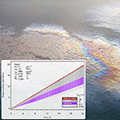
A one-year study to investigate the fate and behaviour of an oil slick subject to different dispersion mechanisms.
2017 - Virtual Reality Lab
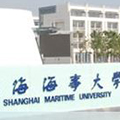
"Real Spill Response Game", an exercise platform designed to improve preparedness and training for oil spills.
2016 - Rosdam

A feasibility study to investigate the detection capability of hyperspectral imaging technology (HSI) for oil spillages in ice-affected waters.
2015 - University of Washington
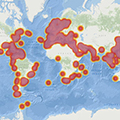
Study to identify and assess emerging risks from marine transportation.
2014 - FAMERR
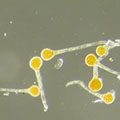
Determination of realistic spill profiles for chemicals to improve decision-making for spills in different geographic areas and seasons.
2013 - SLAM

Development of a novel ‘back-pack’ system to track rehabilitated oiled birds without compromising their well-being.
2012 - FishHealth
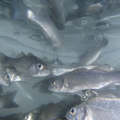
Development of a methodology for an assessment of fish health and research into the impact of chemically dispersed oil on marine fish.

